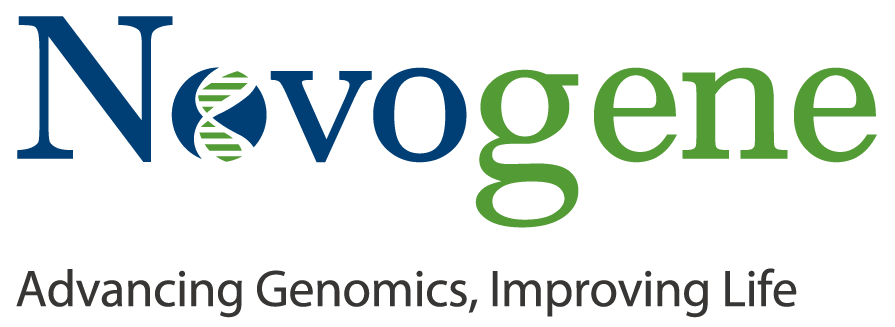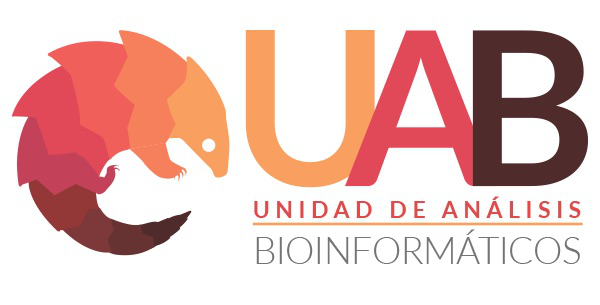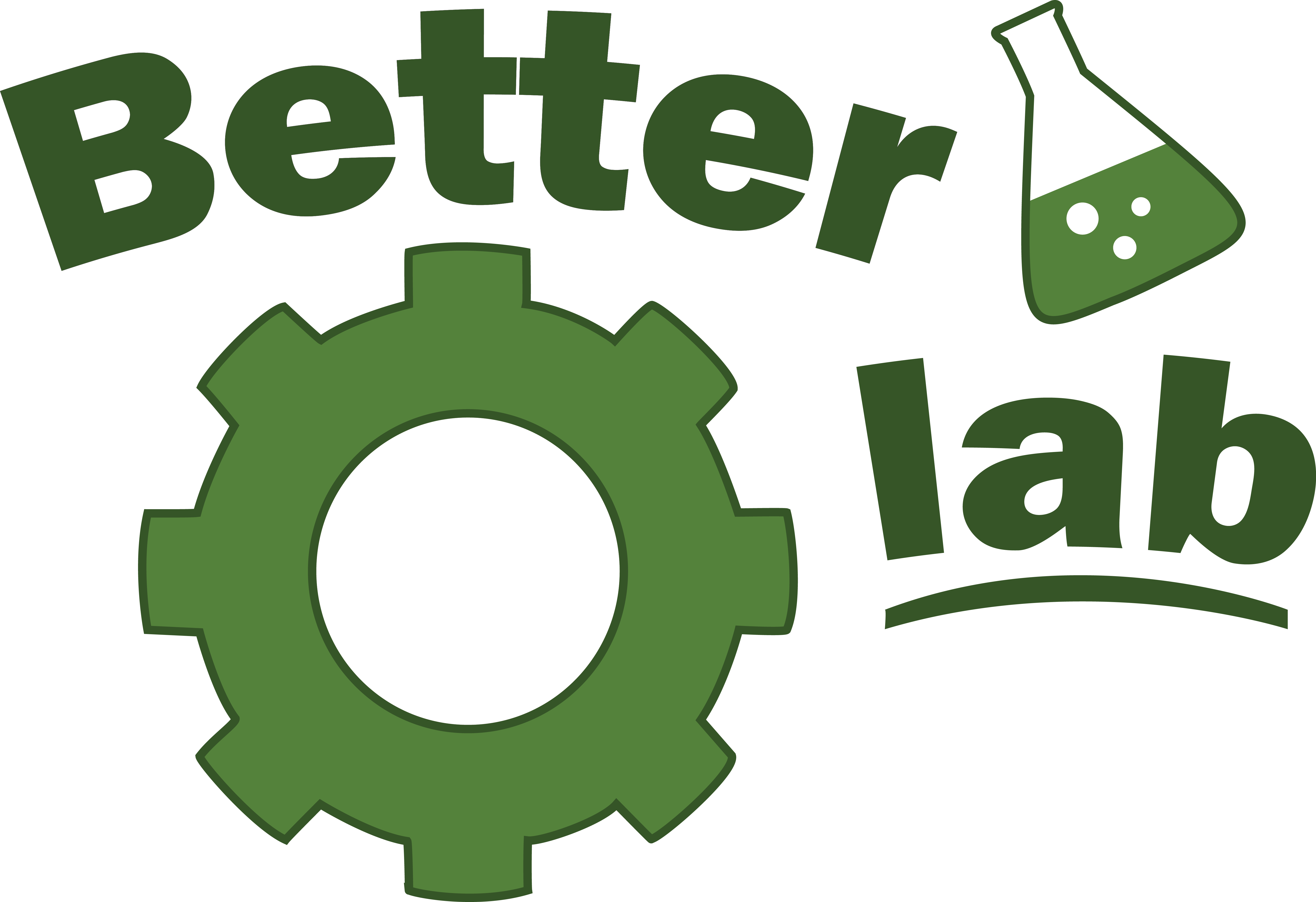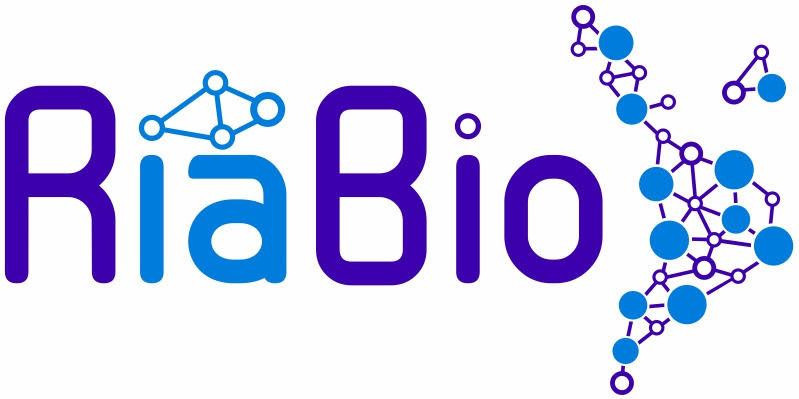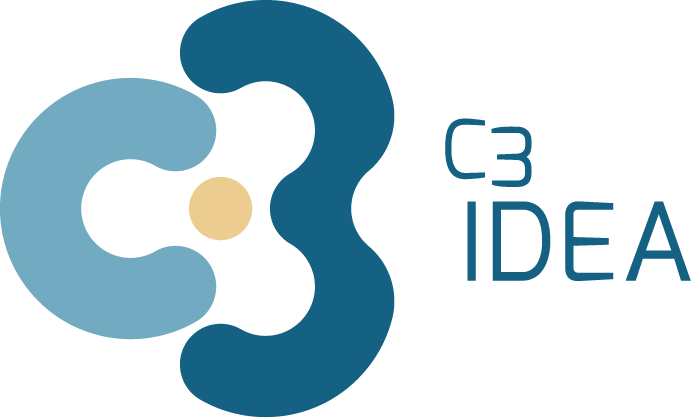ISCB-LA SoIBio BioNetMX 2022 is pleased to offer the folllowing workshops and tutorials as part of the conference. Additonal fees apply to participate in the workshops and tutorials. Attendees are required to bring their own computers to the trainings.
Onsite training will be conducted on Sunday, November 6 at UNAM-Campus Juriquilla.
Virtual training will be conducted on Monday, November 7 via the conference virtual platform.
Conference registration required to participate in the workshops and tutorials!
In-person Workshops & Tutorials: Computational Challenges in Phospho-Proteomics and Systems Biology of Cellular Signaling | Analysis of biological and biomedical transcriptomic data using Artificial Intelligence (AI) and Machine Learning methods (ML) methods with R | Contributing to pandemic surveillance with the global community, using the European Nucleotide Archive | Introduction to Reproducible Systems Computational Modeling Workflows Enabled by COMBINE Standards | Exploring Genes and Genomes Using Ensembl | Comparative Genomics: Pangenomics and genome mining
Virtual Workshops & Tutorials: GVViZ & PAS: Integrated bioinformatics and mobile applications for gene-disease data annotation, expression analysis, and visualization for translational research | Metagenomics | Construction of bacterial pan-genomes | Second Latin-American Bioinformatics Education Forum
IN-PERSON WORKSHOPS AND TUTORIALS
SUNDAY, NOVEMBER 6
Computational Challenges in Phospho-Proteomics and Systems Biology of Cellular Signaling
Sunday, Nov. 6
9:00 – 13:00
This tutorial provides an overview of phospho-proteomics data analysis, presents current limitations and computational challenges (as well as opportunities for computational researchers), and introduces available resources and algorithms that aim to extract meaningful insights from phosphoproteomics data. The tutorial aims to bring more computational biologists to this important area of research in systems biology to tackle existing challenges and develop efficient, reliable, and reproducible platforms and algorithms for phosphoproteomics analysis.
Intended Audience & Level: Computational biologists who are familiar with other omic datasets and would like to learn about proteomics to broaden the scope of their algorithms, as well as life scientists who use phospho-proteomics and would like to apply systems approaches to better utilize their data
Organizer(s):
Marzieh Ayati (Department of Computer Science, University of Texas Rio Grande Valley, Texas, USA)
Filipa Blasco Tavares Pereira Lopes (Systems Biology and Bioinformatics, Case Western Reserve University, Cleveland, Ohio, USA)
Serhan Yilmaz (Department of Computer Science, Case Western Reserve University, Cleveland, Ohio, USA)
Mehmet Koyuturk (Department of Computer Science, Case Western Reserve University, Cleveland, Ohio, USA)
Mark Chance (Departments of Nutrition, Genetics and Genome Sciences, Case Western Reserve University, Ohio, USA)
Daniela Schlatzer ( Proteomics and Small Molecule Mass Spectrometry Core, Case Western Reserve University, Ohio, USA)
Presentation Modality: In-person
Length of Workshop: Half-day
Analysis of biological and biomedical transcriptomic data using Artificial Intelligence (AI) and Machine Learning methods (ML) methods with R
Sunday, Nov. 6
9:00 – 18:00
This is a Workshop on Bioinformatics composed of 4 Advanced Practical Sessions to learn how to use and apply a series of bioinformatic algorithms and tools developed in R or in Bioconductor. The Workshop entitled: "Analysis of biological and biomedical transcriptomic data using Artificial Intelligence (AI) and Machine Learning methods (ML) methods with R"; will be divided in 4 sessions addressing complementary topics.
Intended Audience & Level: The audience for this workshop will be any PhD student or young researcher with a modicum of bioinformatics experience, who is interested in learning how to use various complementary R-based protocols and pipelines applied to the analysis of transcriptomic data generated with genome-wide expression techniques (mainly RNA-seq and scRNA-seq).
Organizer(s):
(Session 1.) Javier De Las Rivas, CSIC-USAL-IBSAL, Spain.
(Session 2.) Maribel Hernandez Rosales, CINVESTAV, México.
(Session 3.) Enrique De Las Rosa, CSIC-USAL-IBSAL, Spain.
(Session 4.) Flavio Spetale, CIFASIS- CONICET-UNR, Argentina.
(This is the initial proposal. Some Trainers may change depending on the travel situation and availability and we may include a second Trainer in each Session to better assist attendees).
Presentation Modality: In-person
Length of Workshop: Full Day
Contributing to pandemic surveillance with the global community, using the European Nucleotide Archive
Sunday, Nov. 6
9:00 – 18:00
The CABANA project has created a network of institutions and trainers who contributed to the surveillance and policy response to Covid in the region. CABANAnet would like to share its learning during the pandemic and provide capacity to bioinformaticians in data sharing using ENA as one possible tool, and due recognition for publications. This workshop will cover in-depth navigation of ENA - searching and building queries to retrieve metadata from ENA. Followed by downloading data from the ENA. Ending with visualising data showcasing the SARS-CoV-2 variant browser - CoVEO.
Intended Audience & Level: PhD level students and above who are bioinformatics users as part of their studies or current employment. Good users of Bioinformatic tools at MSc level will be considered.
Organizer(s):
The workshop will be hosted by The European Molecular Biology Laboratory -European Bioinformatics Institute and the CABANA Network. The team from EMBL-EBI will be a combination from the following: Drs Cochrane, O Cathail, Rahman, Waheed, and Willis (https://www.ebi.ac.uk/about/teams/data-coordination-and-archiving/members/). The CABANA network will provide trainers from its established network. Emphasis on" Latin American trainers first", is the priority. We expect representation from Cinvestav Mexico, UniAndes Colombia and Vale Institute Brazil.
Presentation Modality: In-person
Length of Workshop: Full day
Introduction to Reproducible Systems Computational Modeling Workflows Enabled by COMBINE Standards
Sunday, Nov 6
9:00 – 13:00
The 'COmputational Modeling in BIology' NEtwork (COMBINE) coordinates the development of standards for biological modeling. These standards serve as the basis to simplify the development of kinetic, logical, whole cell, spatial, multi-scale models as well as other formalisms. Computational models help our understanding and can guide precision medicine efforts. Unfortunately, many simulation results are not reproducible, and few models are annotated. Participants will be introduced to 1) a workflow for modeling, visualization, annotation, and analysis that the interoperable COMBINE standards enable; and 2) software tools connected via community-developed standards.
Intended Audience & Level: Experimentalists and modelers with basic experience in modeling and simulation of biological networks and everybody who would like to learn more about modeling standards: SBML, SBGN, etc. and tools: COPASI (modeling), Newt (visualization), BioModels (model exchange), etc.
Organizer(s):
Norma Citlalcue Pérez Rosas: Postdoctoral Research Associate, Purdue University and EMBRIO Institute (Emergent Mechanisms in Biology of Robustness Integration and Organization Institute). Former Professor at UPIEM-IPN, Mexico
Augustin Luna: Research Associate, Harvard Medical School. Contributor to the SBGN and BioPAX COMBINE standards
Presentation Modality: In-person
Length of Workshop: Half-day
Capacity: 30
Exploring Genes and Genomes Using Ensembl
Sunday, Nov 6
9:00 – 18:00
The Ensembl genome browser provides visualisation and analysis of integrated genomic data, including genes, variants, comparative genomics and gene regulation, for over 300 species. This workshop will provide participants with the opportunity to learn about the wide range of data available through the Ensembl genome browser, and gain hands-on experience in navigating the Ensembl website to retrieve and interpret data.
Intended Audience & Level: This is an introductory workshop that is aimed at wet-lab scientists and bioinformaticians who are new to using Ensembl or have not yet discovered the power and depth of this resource.
Organizer(s):
Benjamin Moore (EMBL-EBI)
Louisse Mirabueno (EMBL-EBI)
Aleena Mushtaq (EMBL-EBI)
Presentation Modality: In-person
Length of Workshop: Full day
Capacity: 30
Comparative Genomics: Pangenomics and genome mining
Sunday, Nov 6
14:00 – 18:00
Pangenomics and genome mining are booming areas inside comparative genomics and this time they will be togheter in a full practical workshop. We will explore the original Streptococcus data where the Pangenomic idea was conceived. Then we will relate parts of the pangenome with natural products biosynthesis. Once we identify the biosynthetic gene clusters we will learn to classify and visualize cluster families.
Intended Audience & Level: Scientists with basic knowledge of bash and biological concepts like DNA sequencing, evolution, and diversity. From Undergrads in Life Sciences and Computer Sciences to Graduate students, Post-docs, Technicians, and Investigators.
Organizer(s):
Organizer: PhD Nelly Sélem Mojica: Principal Investigator at Centro de Ciencias Matemáticas UNAM.
Instructor: PhD Jesús Abraham Avelar Rivas: teacher at ENES León UNAM and posdoctoral researcher at CINVESTAV Irapuato.
Presentation Modality: In-person
Length of Workshop: Half-day
VIRTUAL WORKSHOPS AND TUTORIALS
MONDAY, NOVEMBER 7
GVViZ & PAS: Integrated bioinformatics and mobile applications for gene-disease data annotation, expression analysis, and visualization for translational research.
Monday, Nov 7
9:00 – 13:00
GVViZ & PAS: Integrated bioinformatics and mobile applications for gene-disease data annotation, expression analysis, and visualization for translational research.
We propose half-day tentative schedule, which includes only couple coffee breaks. Total three sessions will be offered:
- In the first session, both scientific applications (GVViZ and PAS) will be introduced along with relevant scientific background.
- In the second session, attendees will be guided to how to download and configure GVViZ and PAS in their computing and smart phones devices. We will train them to use both bioinformatics applications and provide access to the annotated and training datasets to perform gene-disease data annotation, expression analysis, and dynamic heat-map visualization.
- In the third session, we will guide users to how to access and customize the source code of GVViZ for their personalized analysis, and future research and developments.
Tutorial handouts and learning material will be provided and made available online for the attendees. Handouts will include, step-by-step user guidelines (text, image, video), and information about source code, software configuration and settings, and relational database modelling.
Intended Audience & Level: This tutorial will be aimed to the audience of any level (e.g., beginner, experience, advanced knowledge), mainly interested in learning about automated and integrated gene-disease data annotation, expression analysis, and visualization for translational research. We will expect and equally appreciate presence of computational and non-computational scientists, bench scientists, bioinformaticians, biologist, geneticists, clinicians, and most importantly graduate and undergraduate students of life and medical sciences.
Organizer(s):
Zeeshan Ahmed. Rutgers University.
Presentation Modality: Virtual
Length of Workshop: Half-day
Metagenomics
Monday, Nov 7
14:00 – 18:00
Metagenomic analyses aim to explore the genomic diversity of communities in specific habitats by processing their DNA-sequencing data with specialized bioinformatics tools, which often require previous coding experience. Furthermore, beginners can struggle to build a pipeline that goes from raw data to valuable biological insights. We teach a Metagenomics curriculum on The Carpentries’ incubator allowing learners to use the software needed for completing metagenomics analyses, without software and hardware complications.
Intended Audience & Level: Scientists with basic knowledge of bash and R, and biological concepts like DNA sequencing, microbiome, and diversity. From Undergrads in Life Sciences and Computer Sciences to Graduate students, Post-docs, Technicians, and Investigators.
Organizer(s):
Organizer: PhD Nelly Sélem Mojica: Principal Investigator at Centro de Ciencias Matemáticas UNAM.
Instructor: MSc Claudia Zirión Martínez: Invited teacher at Centro de Ciencias Matemáticas UNAM, and incoming research assistant at Tecnológico de Monterrey.
Presentation Modality: Virtual
Length of Workshop: Half-day
Construction of bacterial pan-genomes
Monday, Nov 7
9:00 – 13:00
In this workshop, participants will learn how to select and download genomes from databases for comparative analysis. They will gain experience for building pan-genomes by using an external server. The analysis will be carried out with the use of Vibrio cholerae genomes, and through two computational strategies: roary and UBCG. Finally, the participants will learn to visualize their results using MEGAx.
Intended Audience & Level: Life sciences professionals interested in bacterial genomics. Principiants
Organizer(s):
MSc. Karla Ruiz - Winter Genomics - Organizer
Dra. Violeta Larios - Winter Genomics - Presenter
M. en C. Kenya Contreras - Winter Genomics - Presenter
M. en C. Nayeli Luis - Winter Genomics - Presenter
Presentation Modality: Virtual
Length of Workshop: Half-day
Second Latin-American Bioinformatics Education Forum
Monday, Nov 7
14:00 – 18:00
The Second Latin-American Bioinformatics Education Forum is a working meeting for representatives and interested parties related to academic programs on bioinformatics, genomic sciences, computational biology and similar disciplines. It aims on discussing different topics of interest linked to strengthening bioinformatics educational programs, either undergraduate, masters, doctorate, or specialisations; promote the inclusion of bioinformatics curricula in life sciences; and tackle current challenges in the region such as common infrastructures and decentralisation of education/research.
Intended Audience & Level: Representatives and interested parties related to academic programs on bioinformatics, genomic sciences, computational biology and similar disciplines
Organizer(s):
Vinicius Maracaja-Coutinho, Universidad de Chile;
Sebastian Ayala-Ruano, Maastricht University;
Yesid Cuesta;
Patricia Carvajal-López, EMBL-EBI;
Presentation Modality: Virtual
Length of Workshop: Half-day



